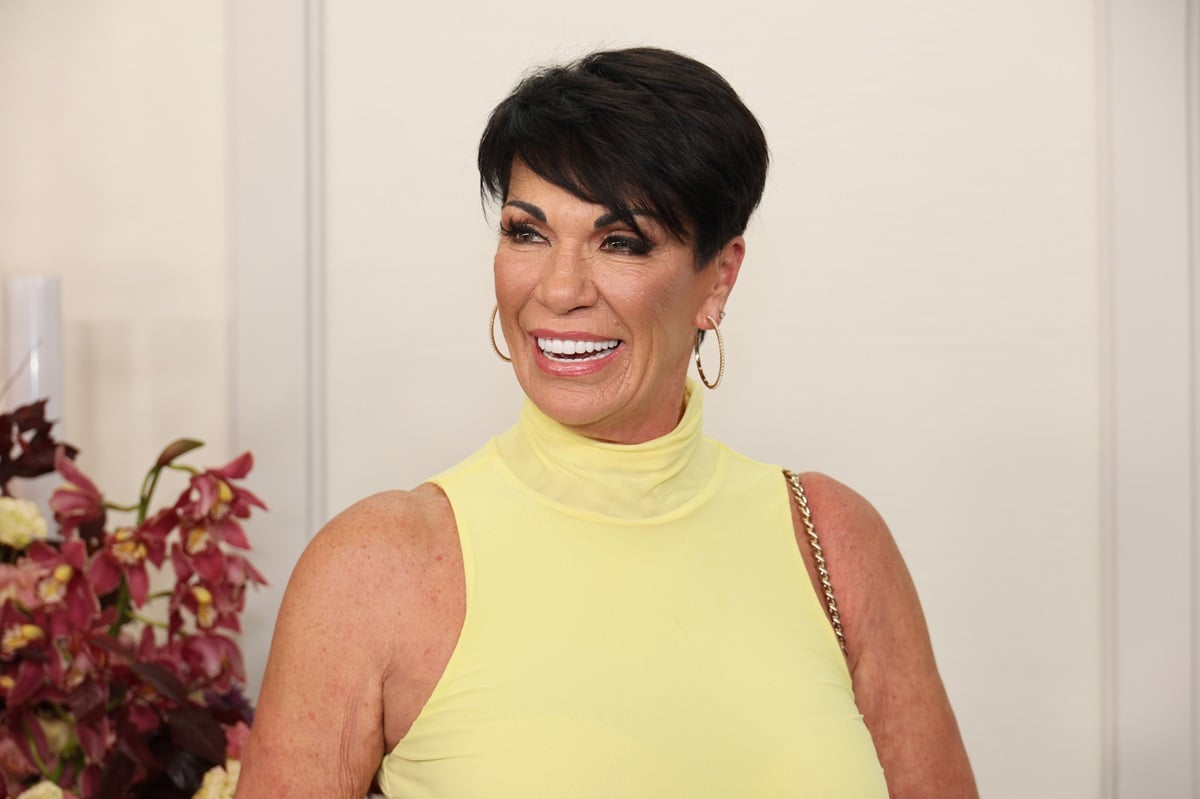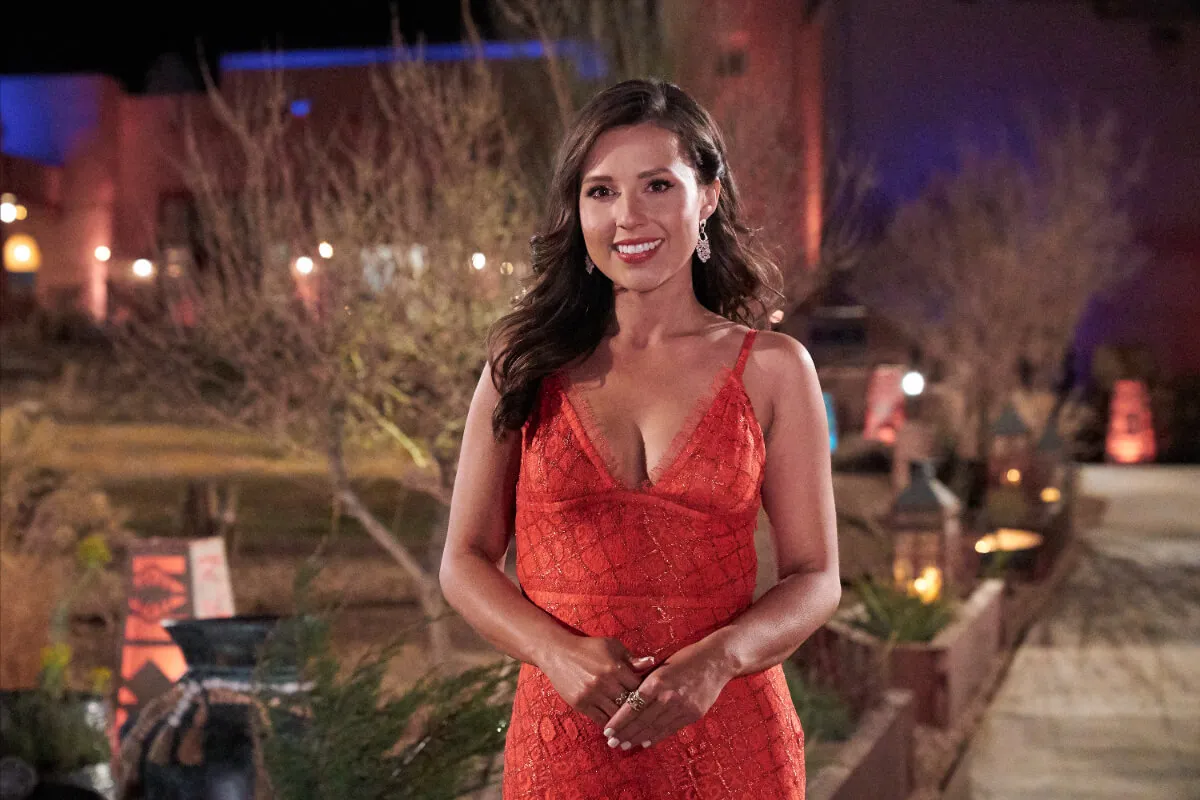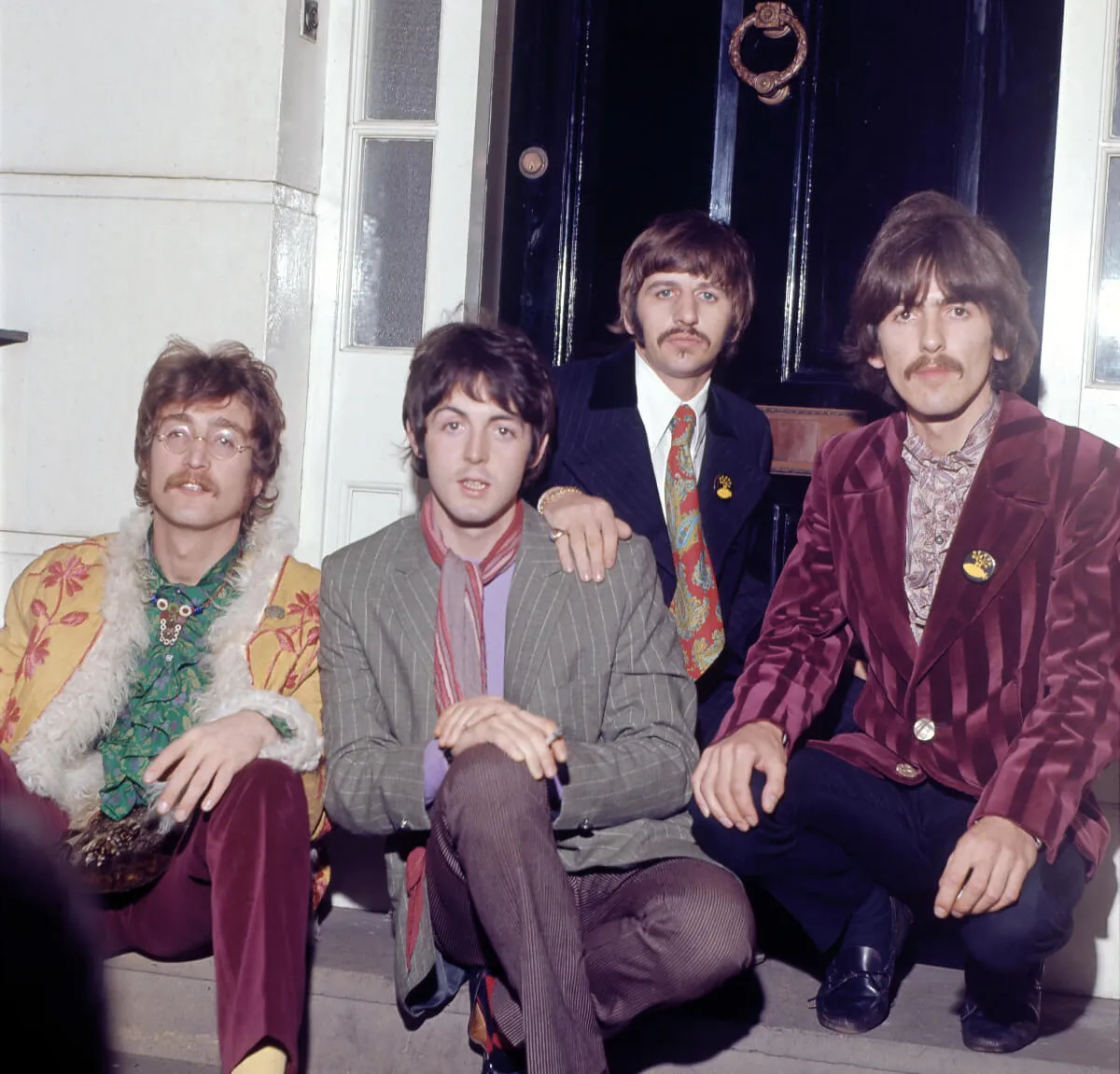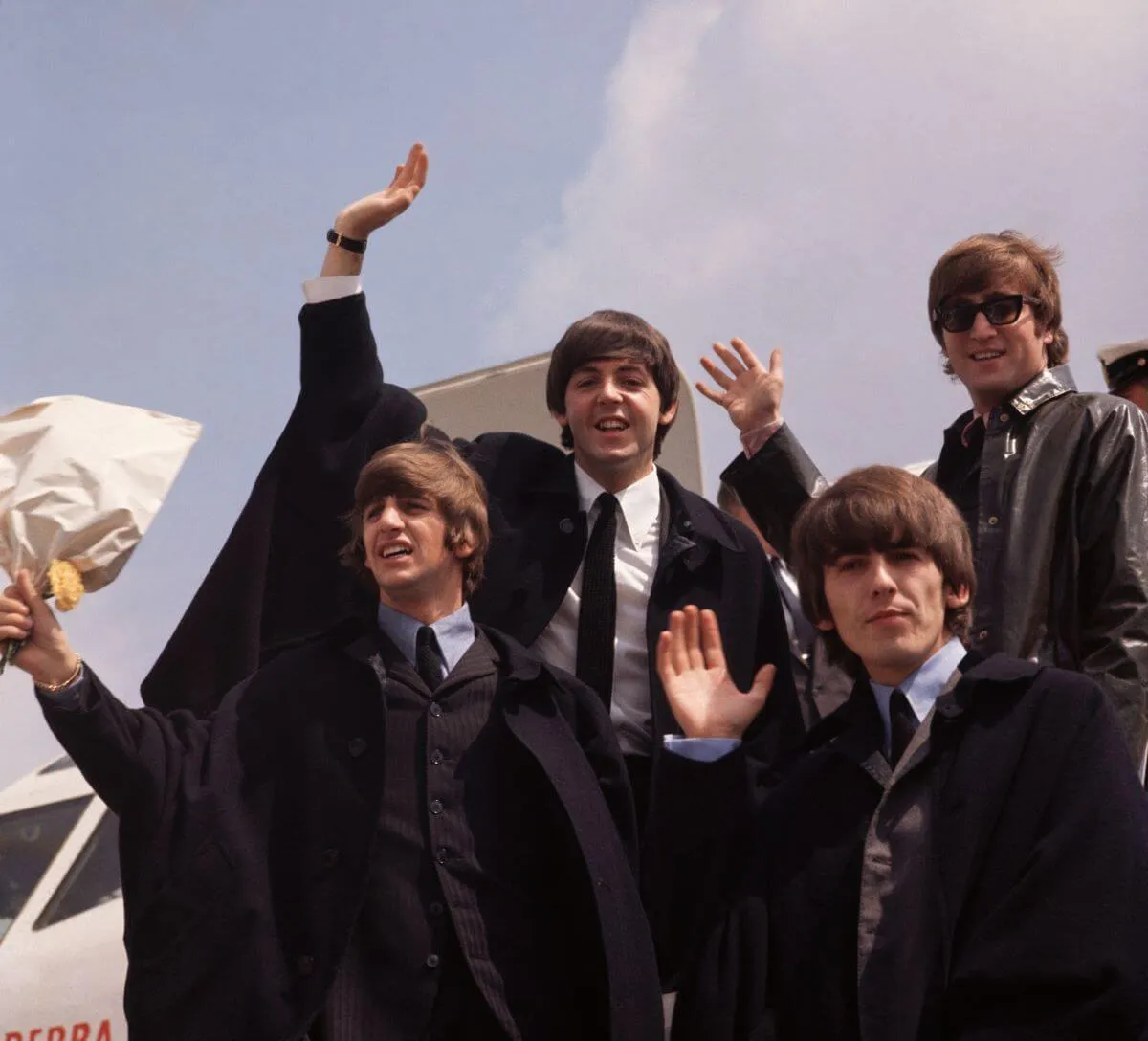
The Beatles Made a Major ‘Mistake’ That Could Have Driven Them ‘Mad,’ Said a Friend
In 1966, The Beatles stopped touring, a decision which one friend said was a mistake for the band. For several years, they had been the subject of constant and oppressive attention and they wanted a break. While this was understandable, their friend thought it was a mistake to try to keep away from the public eye. He said this left them trapped in their homes, which could have driven them mad.
A friend of The Beatles said it was a mistake for them to stop touring
After a series of increasingly frightening concerts, The Beatles decided to retire from touring. They felt this was the best decision for the band’s sanity, and it helped them create more complex music. Their friend, Alexis Mardas, said life without touring hadn’t fully been what the band was expecting, though.
“So they made a mistake,” he said in the book All You Need Is Love: The Beatles in Their Own Words by Peter Brown and Steven Gaines. “They thought that by moving out of the stage and sitting home and going to the studio to make recordings, people will forget, and they will leave them alone because they’re just recording artists.”

Mardas said that not touring did nothing to diminish the band’s level of fame. People still swarmed them every time they were in public. As a result, they spent much of their time at home. Mardas believed this was bad for the band’s morale.
“They were equally famous,” he said. “And it was a tremendous stress for them and tension daily. I mean, they hardly moved ever out of the houses, because they couldn’t live in town. They used to live isolated in the house without friends, without anything. So you can go mad like this, because you have everything, and you can’t use it.”
They had been craving more privacy
For years, the band had been looking for any level of privacy. As Mardas noted, they couldn’t go out in public like they had in their youth. All sense of normalcy evaporated with fame.
“We reached a point where quite often, The Beatles were longing to have privacy,” Mardas said. “Even Ringo at the time was saying that he would give anything in his life to go to a local pub, which is a tradition in England, to stay around to have a drink. He couldn’t.”
Mardas recalled a time when The Beatles attempted to see a movie in a theater. Unfortunately, people realized they were there and began to swarm. The band had to flee for their safety.
The Beatles thought it would have been a mistake to continue touring
In their touring days, The Beatles dealt with aggressive crowds, political turmoil, and natural disasters. To them, it began to feel increasingly probable that they would be harmed if they continued to play live shows. Paul McCartney was the most optimistic about touring, but he finally realized they had to give up as the band escaped a venue in an armored van after a rainy show.
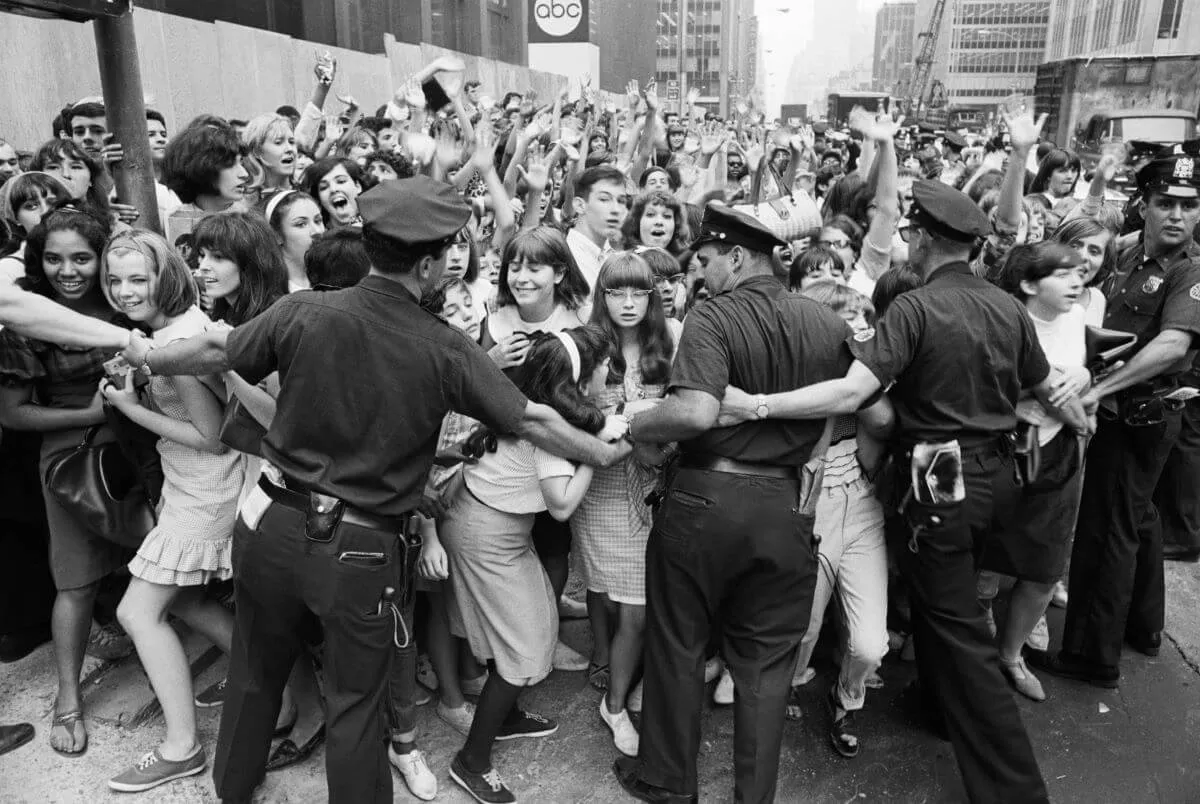
“After the gig, I remember us getting in a big empty steel-lined wagon, like a removal van,” McCartney said in The Beatles Anthology. “There was no furniture in there – nothing. We were sliding around trying to hold on to something, and at that moment everyone said, ‘Oh, this bloody touring lark – I’ve had it up to here, man.’ I finally agreed. I’d been trying to say, ‘Ah, touring’s good and it keeps us sharp. We need touring, and musicians need to play. Keep music live.’ I had held on to that attitude when there were doubts, but finally I agreed with them.”
George Harrison said it came as a major relief when the band played their last show.
